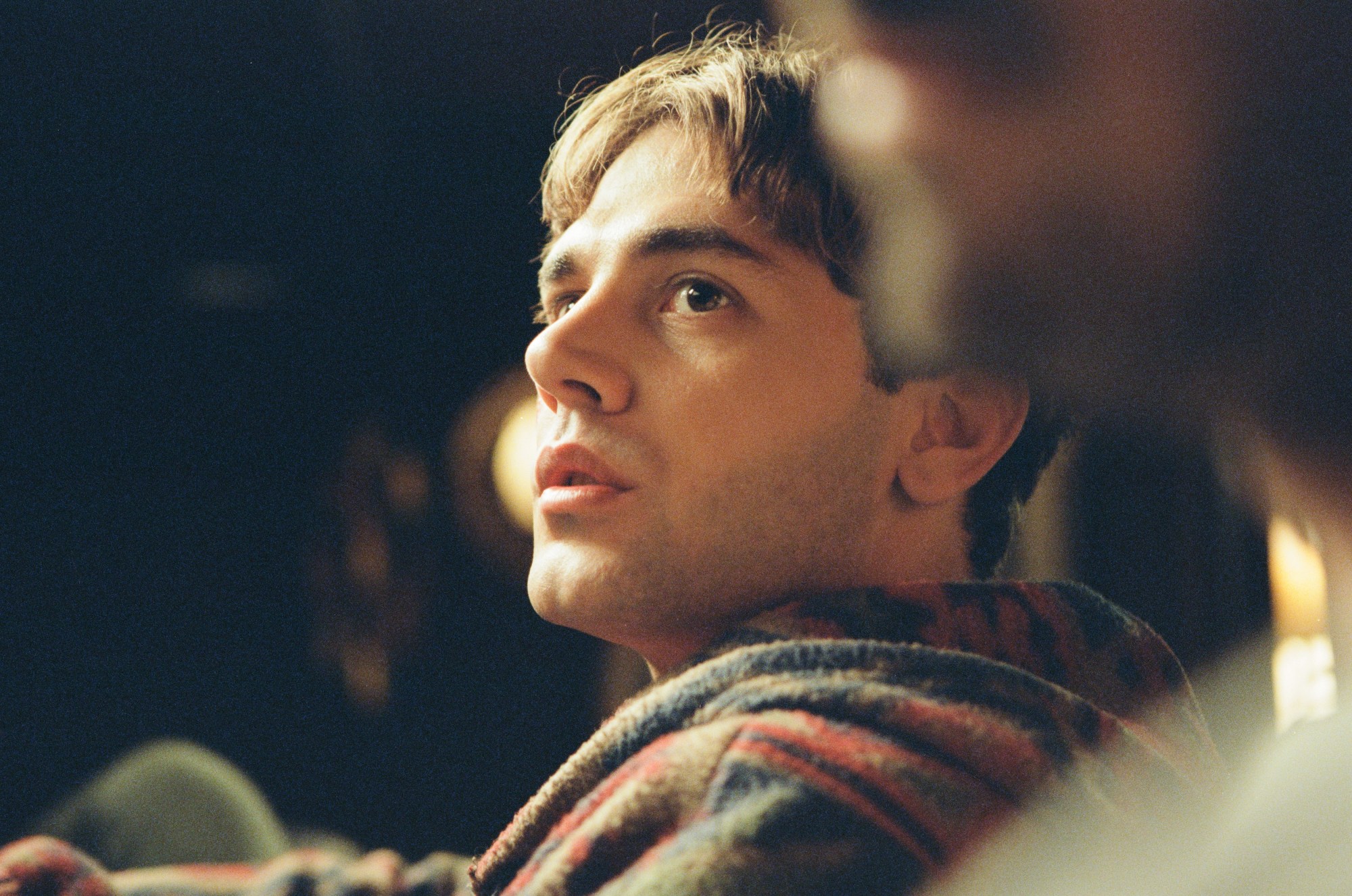At what point does an enfant terrible grow up? Does his framing as a wunderkind of cinema simply translate into a new status as a respectable and accomplished filmmaker? This, perhaps, is the point that the French-Canadian filmmaker Xavier Dolan finds himself at. At 31 years old, and on the cusp of the international release of his new (and perhaps most ‘grown-up’) film, Matthias & Maxime, he can look back on a decade-plus career as one of arthouse cinema’s most revered young filmmakers, with eight feature-length films under his belt — the first one written, directed and starred in by the time he was 19. Six of those eight films have bowed at the Cannes Film Festival, for the most part swept up in vast critical acclaim. Stories of broken, furious relationships between mothers and sons; potboiler family dramas; queer love stories. His films reek of adolescence in theme but maturity in execution. If writer-directors are prone to getting bogged down by the semantics of what stories people want to hear, Xavier is a rare one; prone to prioritising the stories he wants to tell instead.
His back catalogue is consistent. There’s his volatile, queer opening quartet: modest-budget films about everything from fractured parent-son relationships (I Killed My Mother) to love triangles (Heartbeats); transitioning mid-relationship (Laurence Anyways) to mourning a past lover (Tom at the Farm). But it was 2014’s Mommy that affirmed his star status. His fifth film was a riveting masterpiece about a mother coming to terms with her son’s behavioural problems, and the complex love they share with each other. Showing at Cannes when he was just 25, he shared the festival’s Jury Prize with an 83-year-old icon of cinema, Jean-Luc Godard. Expectations for what would follow it skyrocketed; he was the festival’s official darling.
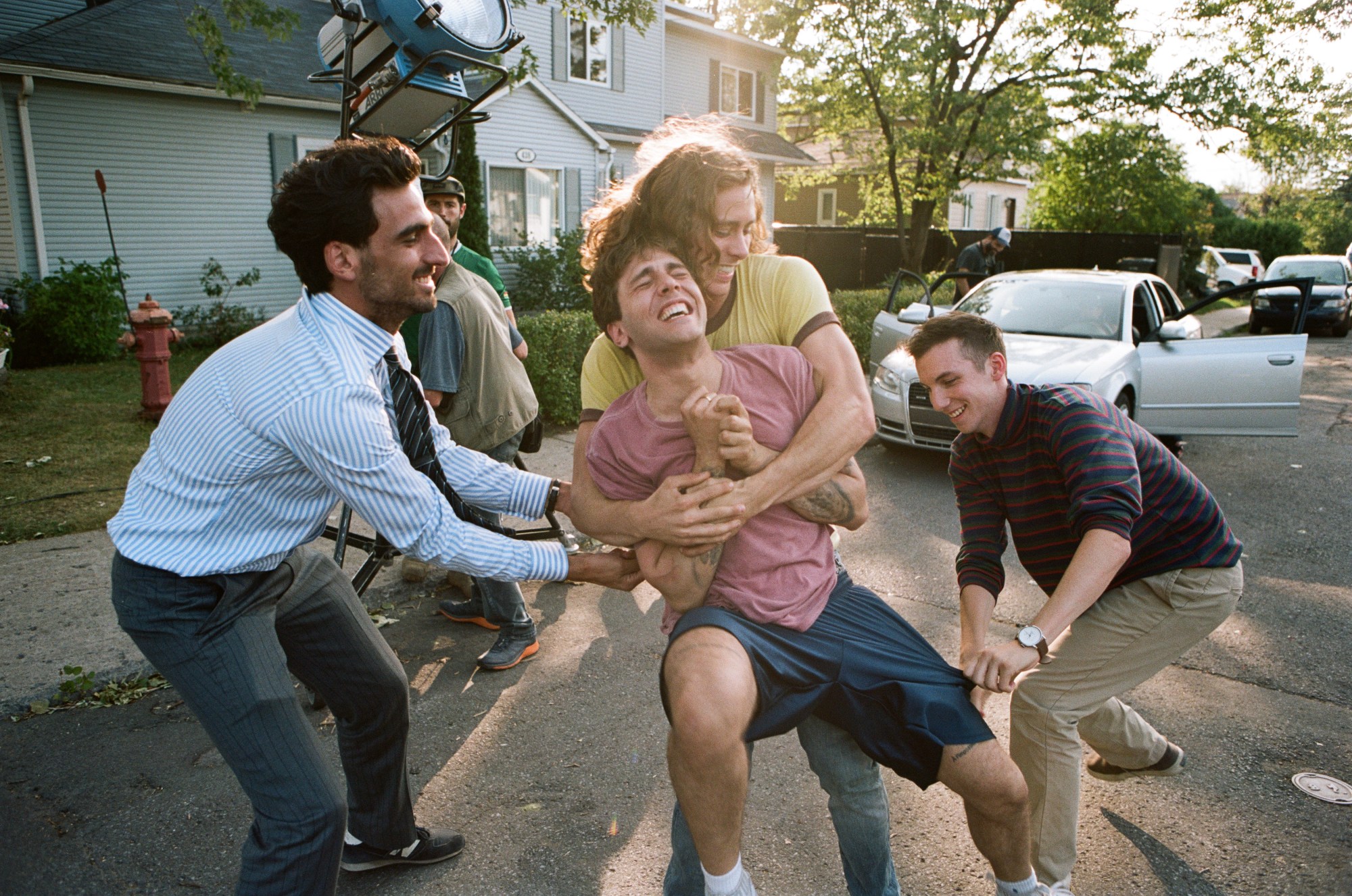
So when he returned in 2016 with It’s Only The End of the World, a story of a boy returning home to his family with news of his imminent death, starring Gaspard Ulliel, Léa Seydoux and Marion Cotillard, those expectations were seemingly impossible to match. Critics, for the most part, panned it. It was a flagrant and confrontational film — which served a glorious purpose; to be so abrasively personal that it incited discomfort in its audience. It was too grating for some. Speaking at the festival’s press conference after its screening, Dolan said: “If the guy who gives Creed five stars and Fast and the Furious four stars and-a-half is saying that Marion Cotillard is a bore in my movie, then it really is the end of the world. And you wonder what the fuck he’s doing here.”
2018’s starry and misunderstood The Death and Life of John F. Donovan — lead by Kit Harrington and Natalie Portman — suffered a similar fate, premiering at TIFF to almost entirely negative reviews. Variety’s Peter Debruge said the film’s technical prowess was overshadowed by “jaw-dropping solipsism”. Stephen Dalton of The Hollywood Reporter called it “cumbersome”. The film, in reality, is a Dolan story, niggling and intimate, told in widescreen. It’s driven by misunderstandings and microaggressions; common themes in his work, albeit here acted out by Oscar-nominated, highly recognisable actors. It’s disorienting but also impressive: a testament to his deeply human method of storytelling, and proof of his ability to write believable characters, no matter who’s playing them.
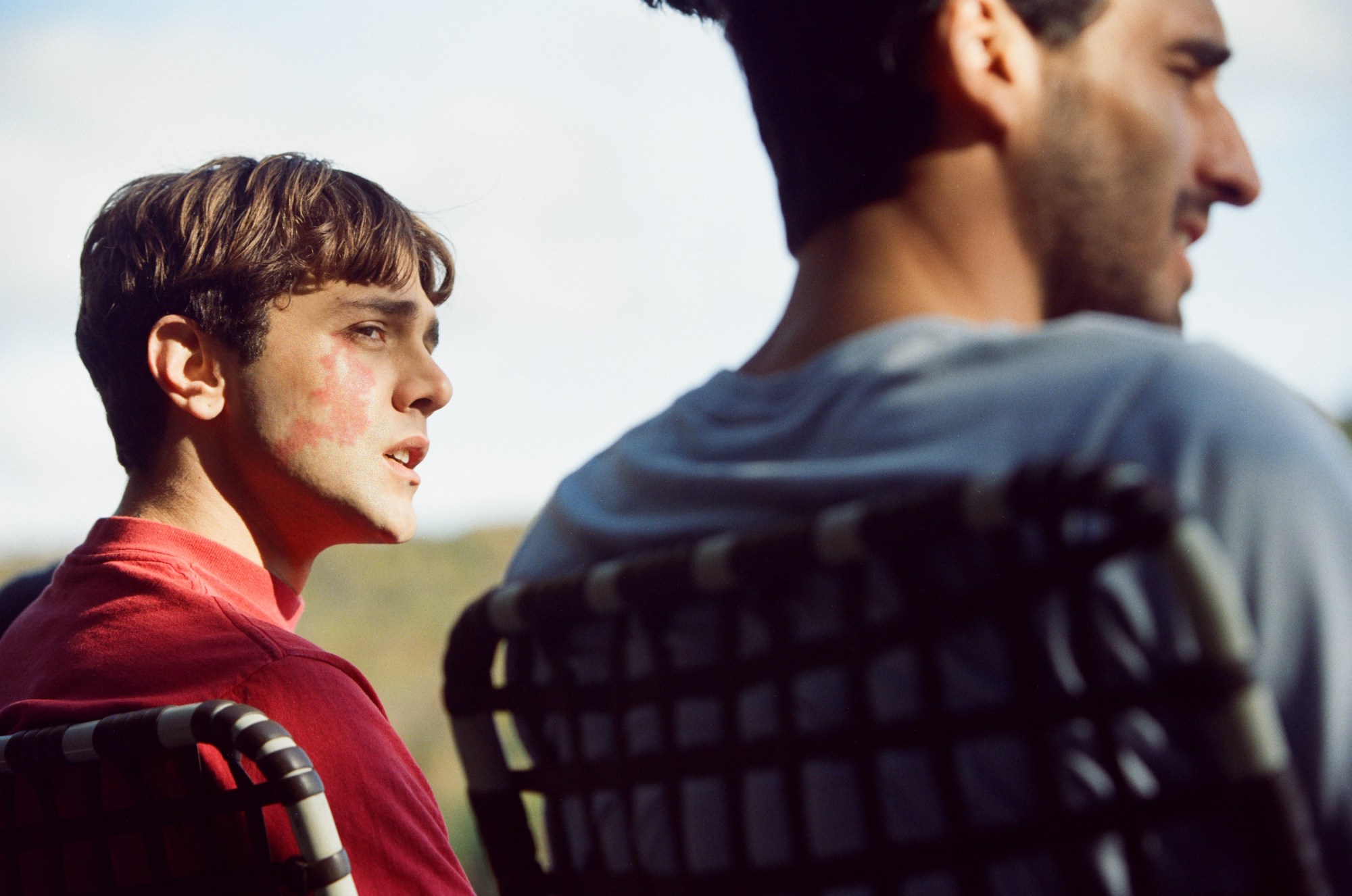
But the experience of grappling with critics is a job Xavier Dolan is an old hat at now. 10 years of flip-flop embracing and rejection has led him to develop a thick skin. But Matthias & Maxime, a sincere story of the semantics of romance and friendship that sees Xavier move in front of the lens for the first time in five years, has been framed as a return to form. Shot in Canada with some of his long-term friends, it tells the story of two childhood companions facing a shift in their relationship, changed by a brief kiss they’re forced into for Matthias’ younger sister’s short film. We meet them at contrasting moments of comfortable mundanity and yearning for change. Maxime, played by Xavier, is about to leave for Australia, passing the responsibility of care for his needy, fiery mother to his aunt; escaping to a new life. Gabriel D’Almeida Freitas’ Matthias, however, is in a relationship with a woman, and is working day-to-day trying to impress at his law firm. The time towards Maxime’s departure veers ever closer, promising a stark confrontation neither party wants to address directly. “What can a kiss awaken?”, Matthias & Maxime asks. As he does so brilliantly, Xavier Dolan is insistent on providing the answers too.
In this interview, Xavier unpacks making a film in the wake of so-called critical conflict, building his own world — costumes and all — for Matthias & Maxime, and the projects that will follow it once cinema returns to normal.
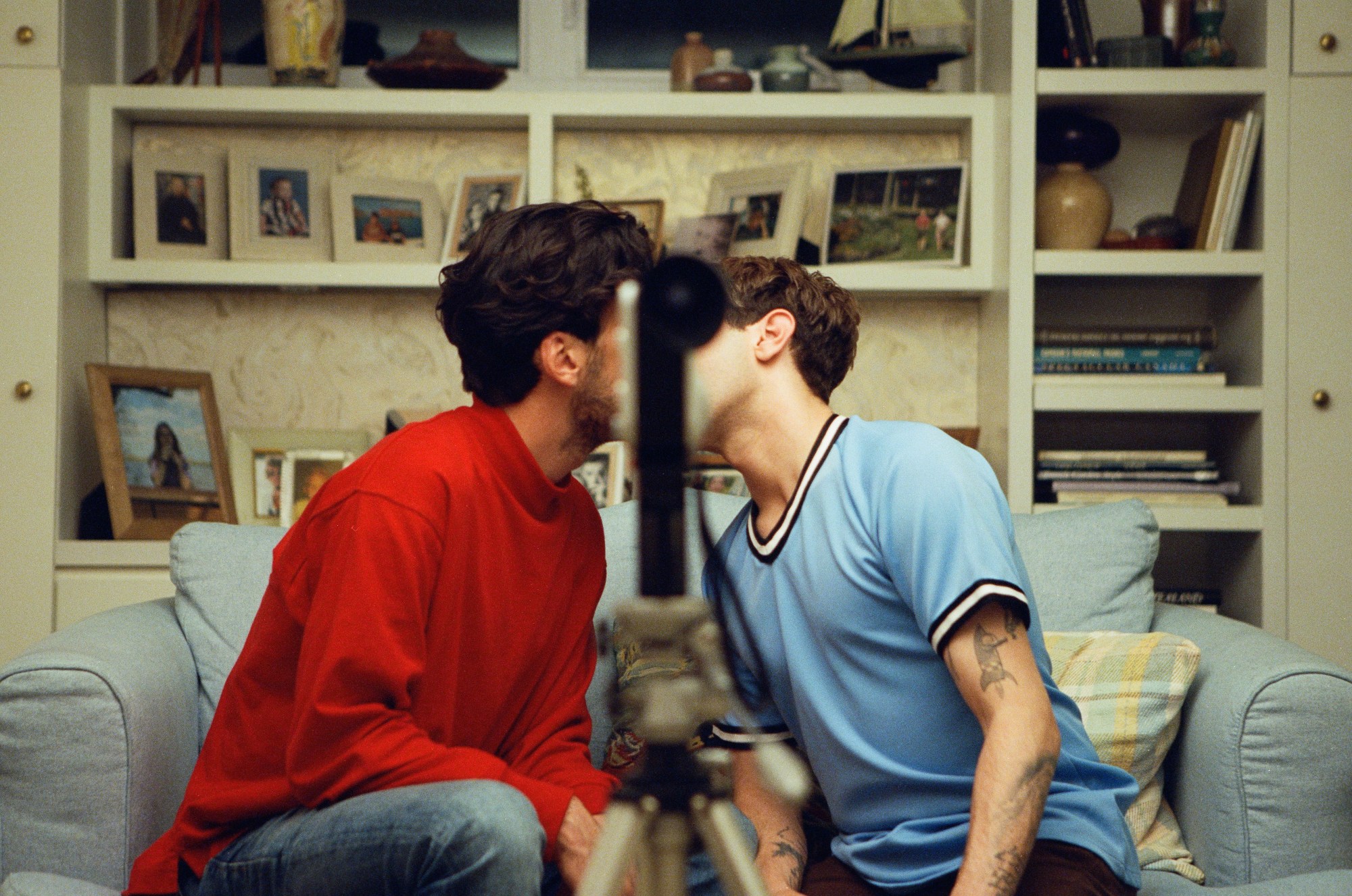
You spent much of the second half of the 2010s making films with big-name actors, which felt like a natural graduation after Mommy’s success. Was it the pressure of expectation with those projects that made you want to go back to telling a story with one of your more traditional cast lists?
No, not really. I just felt like telling a story of love and friendship and wanted to do it with my friends. I could’ve never written that story if it were set anywhere else than home. But that’s not because I needed to be home. I was home already, for both previous films. Most people think my last two films are failures, I get it. But working on them, and working with these actors wasn’t a failure. It was a process, with valid learnings and realisations. And it was great fun. And expectations or pressure don’t inspire you to write a story. Ideas do! The ideas take me to people and people take me to places. There’s nothing more to it, I think.
This is also your first time in front of the camera since Tom at the Farm. Do you see yourself in your films as you write them?
I do, as I see most of the other actors in it too. I write for people that I love and who impress me. When I write for myself, well, since I don’t really fit in that category to be honest, I just write thinking it’d be great to evolve, and try new things. But I don’t put myself in danger too much, because I don’t want people to be left with the impression I’ve shown off or tried to prove myself too desperately.

The music supervision here, as in all of your work, is top tier: everything from Britney’s “Work Bitch” to Arcade Fire. I wondered how these songs wound up in the final film: ones you fought for, ones that you knew were right from the beginning, and others that may have slipped out of your hands?
Most of the songs were chosen from the get-go. And most of the time, we fight for them! I end up contacting managers and writing letters to artists when we’re left in the dark for too long. They generally respond kindly, and we find out they’d never heard of our request to begin with. Some end up being incredibly generous and helpful; Florence Welch is at the top of that list… Britney’s manager too! And sometimes people just say ‘no’. They do say yes to other movies, but they say no to you. Because of something, clearly. Which can be disconcerting. Because it can hurt to know someone doesn’t want their music in or on your work when you worship what they do. But that’s life.
Does premiering a film at Cannes feel like a duty you have to perform, since they’ve supported you for so long? Obviously, it’s a minefield for bitter criticism. Has your attitude towards it changed over the decade?Premiering at Cannes has never been an obligation! The Cannes people might kid around that my going to Venice with Tom at the Farm had been a sort of little ‘infidelity’, but I think we all know that sometimes, it does good to leave and better return. Attitude towards criticism is the work of a lifetime, it seems! I don’t know that I’ll ever excel at it. I make films with my heart and react to opinions about them with my heart as well. So I’ve been a brat about it, yes. It’s been known to happen… And I want to improve my technique, I want to grow, and evolve. But I can’t look for validation in reviews. I must look elsewhere. In me, in my family, and in my friends — these people are my toughest judges.
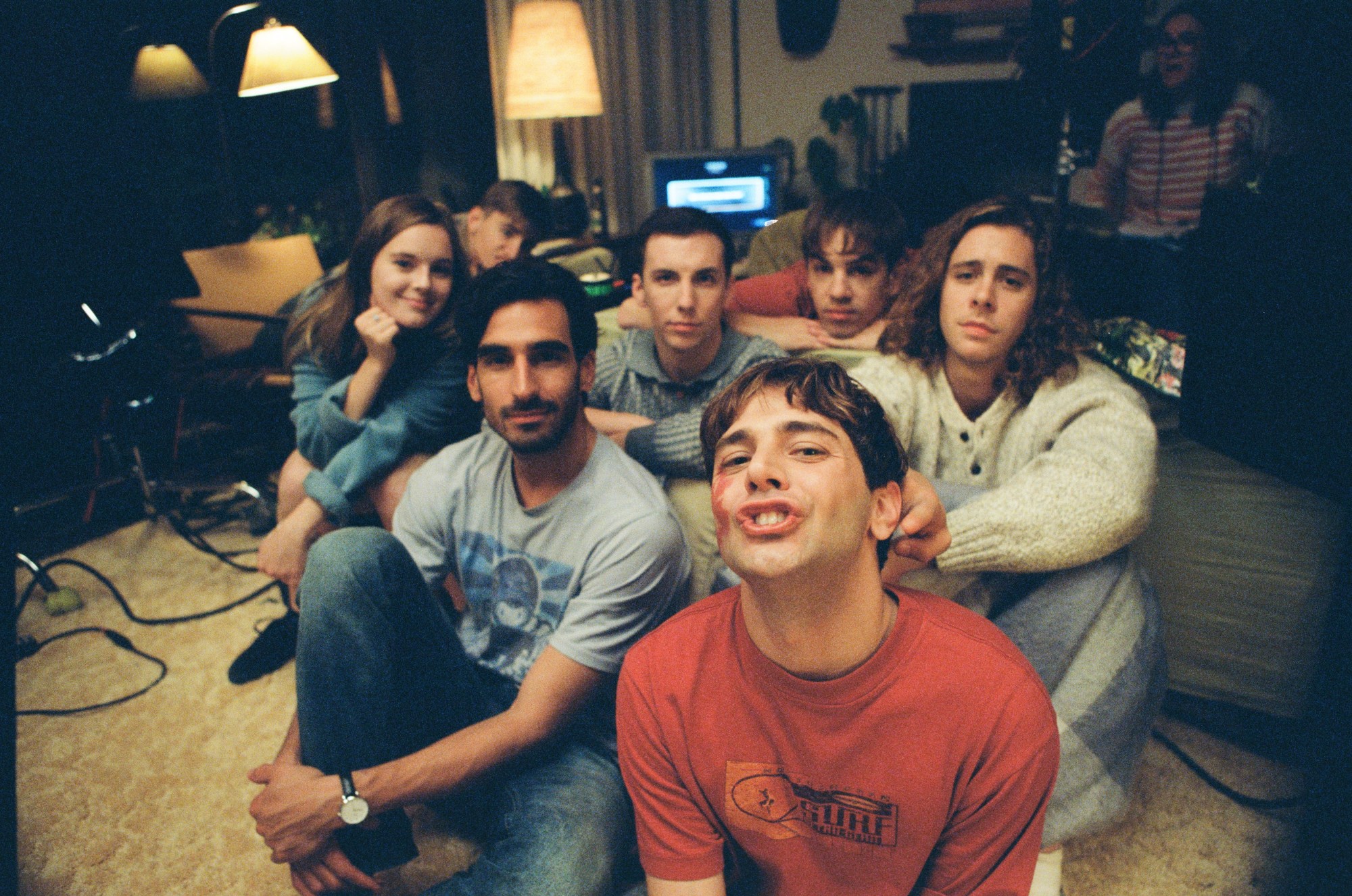
This is a story about suppressed feelings coming to the fore after a brief moment of intimacy, forcing two people to question their sexuality. How conscious are you of the stereotypes of queer cinema and male protagonists, and how greatly you wish to steer clear of them in your work?
I think there are clichés and stereotypes and that they’re two different things in my mind. Certain stereotypes are fun to work with and tweak. You start from a common place with a character and make them into a flawed, contradictory human being. People have their own ideas of how stereotyped people are and it is nice to surprise them going in the opposite direction. A cliché is just a common situation that you’ve seen a thousand times and refuse to reinvent, I guess. I do try to steer clear of them, but whether I’m succeeding or not will always be based on the viewer’s personal experience, won’t it?
Can you describe the casting decisions here for Gabriel, and even someone like Harris Dickinson, who has a supporting but interesting role to play — as a chauvinistic, simple ‘out-of-town’ employee of Matthias’ law firm — in the story?
I wrote every part with every actor in mind, bar one or two roles. The film was gonna be, from the very beginning, a love declaration to my friends. My exact ‘group’, or circle, let’s say, isn’t necessarily represented here in its entirety, but most of the actors I chose are long-time friends. And I’d seen Harris in Beach Rats and thought his choices were wonderfully refined and sensitive. I was sure we’d get along famously. I love that Harris isn’t concerned by the importance of a part in scope but rather its significance, and the process behind it. I called him recently saying I wanted to shoot something small and intimate for a music video — didn’t happen, in the end — and he was so open-minded about it, and I love that, cause you feel someone trusts you. And trust is everything.
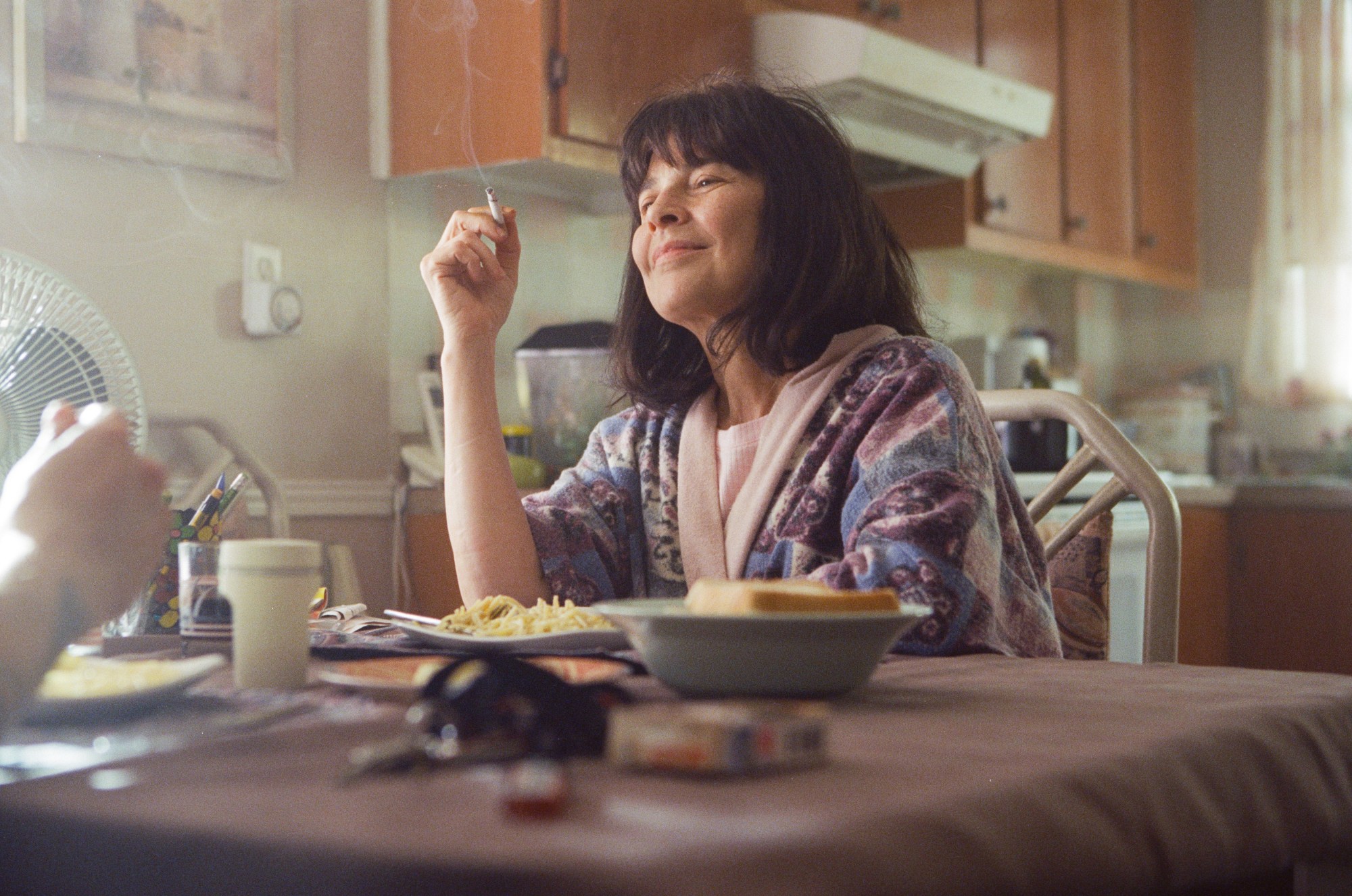
As with much of your previous work, you headed up the costumes for Matthias & Maxime. Was the vision of what these characters would wear clear in your head?
Yes. I think they come from different horizons and all sorts of backgrounds. How you choose to dress talks a lot about yourself but young, straight men in their late 20s don’t all reflect on it that exhaustively, in my opinion! So building these wardrobes was about organising a chaotic amalgamation of old things they’d been carrying through their adult life from their adolescence, and mixing it with new items, clothes you buy for work, clothes you’re given at Christmas, or your birthday, etc. While some of them have a true sense of fashion. It was great fun to try and create different styles for these boys knowing they all influence each other and attempt at preserving their own personalities all the same.
Do you worry about the future of cinema post-pandemic?
I do. I think that our global habit of going to the movies has already been disrupted by the arrival of streaming — except, of course, for ‘cinematic events’ like Marvel movies, sequels or franchises. Looking around, and looking even at myself, I see our desire for togetherness has been waning consistently, and our proclivity to confined entertainment increasing. But now… if we don’t even have a choice anymore… I’m afraid theatres will disappear. Or stay, but become the exclusive venue of major studio films — with all indies and films in-between being relegated to online services. And that is sad. Because no one, deep down, shoots for iPads.
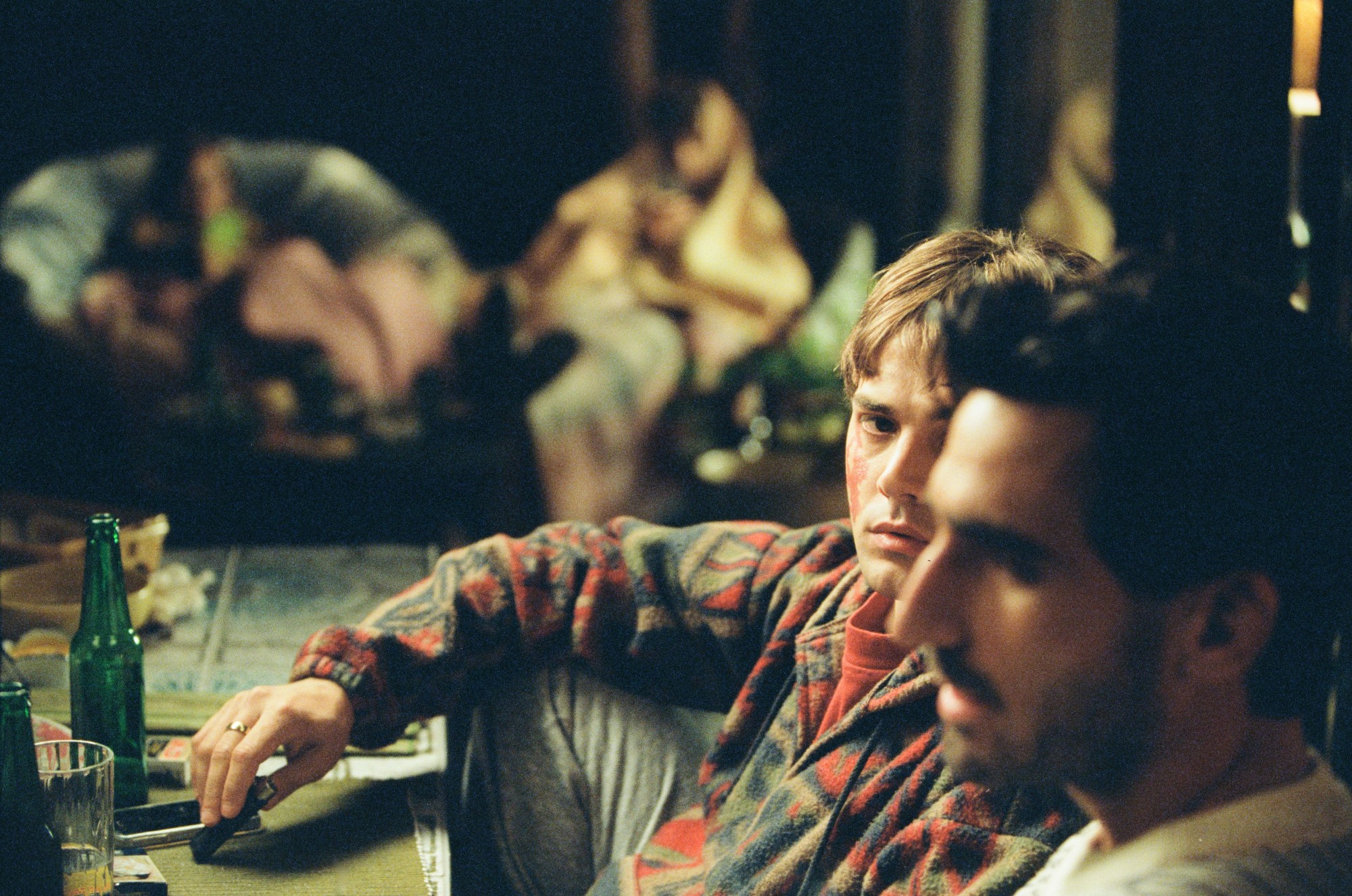
You recently finished an adaptation of Honoré de Balzac’s Lost Illusions, playing a playwright and journalist who hides his working class roots to get ahead. How did you come to be involved in that project?
The director, Xavier Giannoli, approached me and said he wanted me to play the part of Nathan Raoul in the film. I don’t get a lot of offers, so I was pretty excited. I read his (incredible) script, we met for coffee and it was done! An unforgettable experience. He’s a true artist and such a perfectionist. Cultured, creative, and passionate. Loved every bit of it.
You’ve spent a couple of years acting, but Matthias & Maxime is your most current directorial and screenwriting project. What do you anticipate is coming next?
A mini-series, a horror film set in the late 1800s and a social drama! But for now, what’s coming next is this: waiting for the world to feel better in order to be allowed to shoot films like we should; hand in hand.
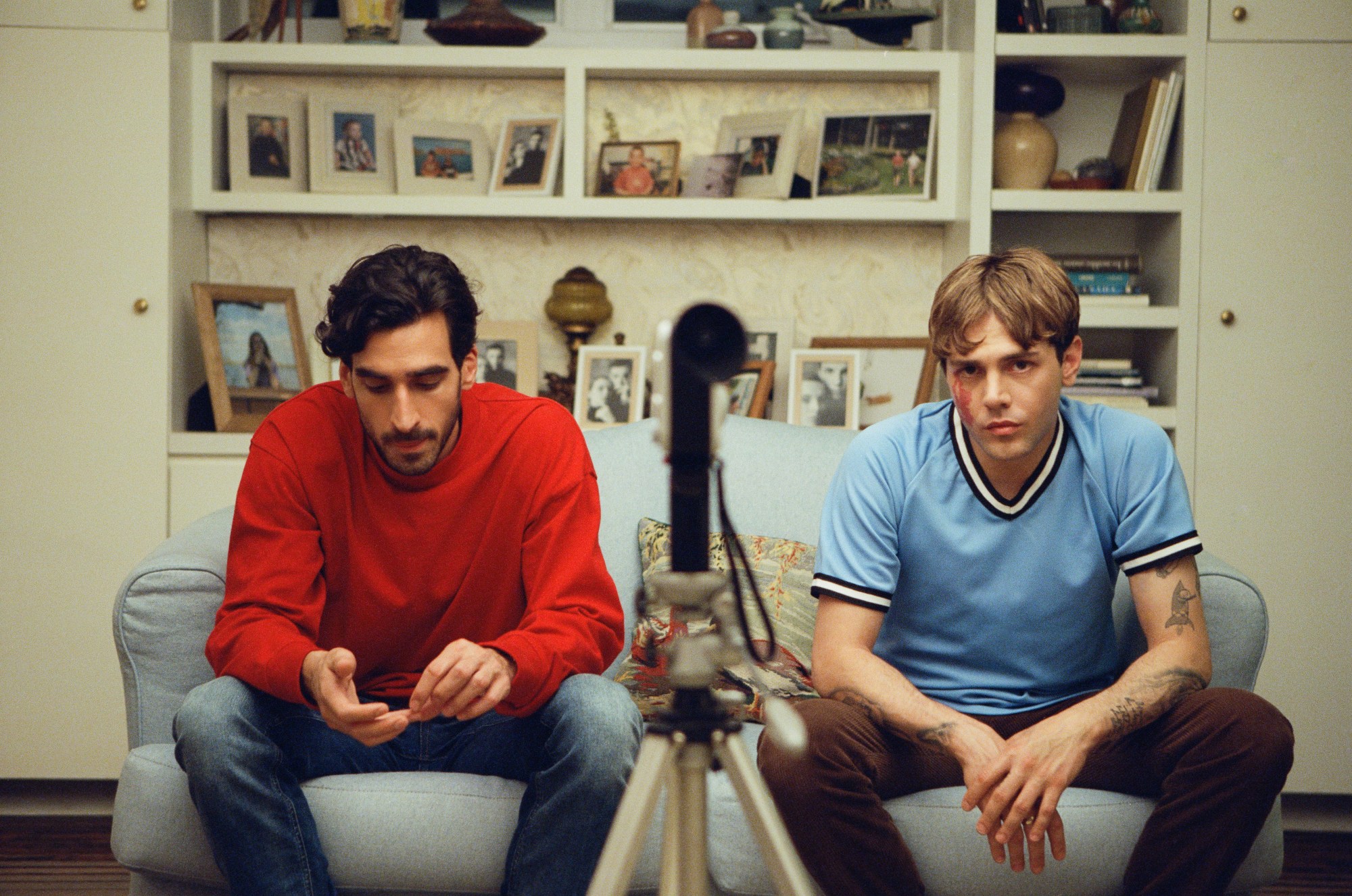
Matthias & Maxime is streaming on MUBI from Friday 28 August, in the US, UK, Ireland, Australia, New Zealand, Latin America (excluding Mexico), and India.
